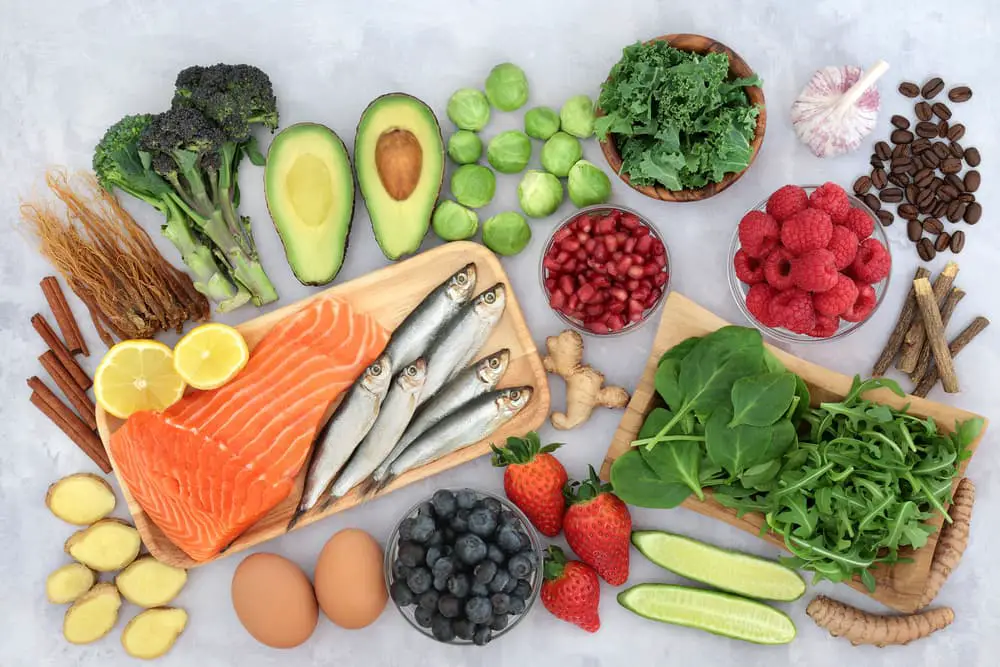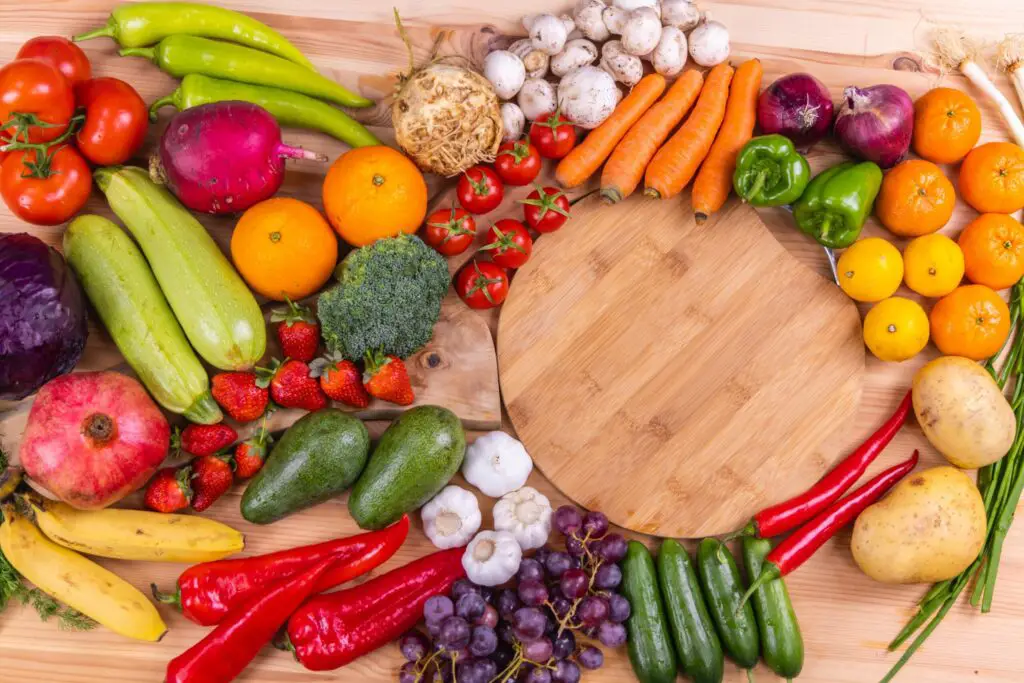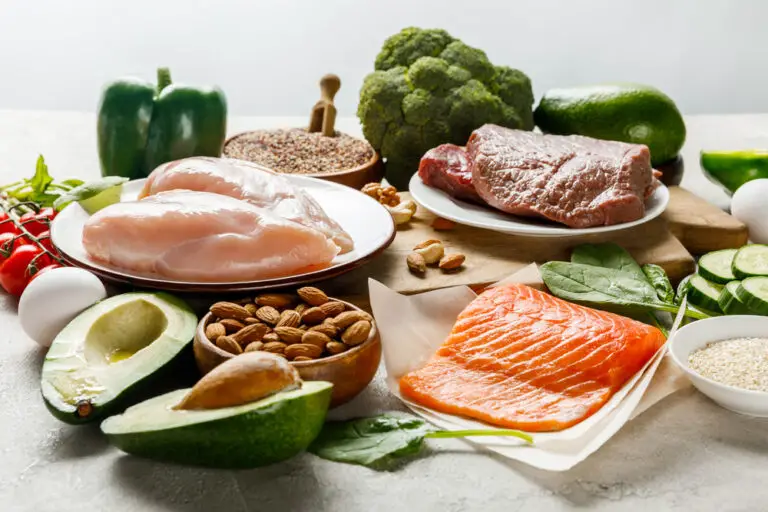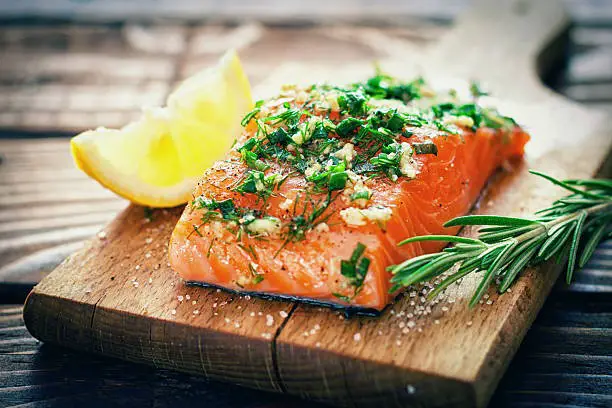Why is eating plants better for you than eating meat?

Science has shown time and time again that the more meat you eat, the higher your risk of diabetes, heart disease, and stroke. An study by Harvard School of Pubic Health linked the increased of cardiovascular, and cancer mortality by regular meat intake.
Conversely, the more fruits and vegetables we eat, the lower our risk of these diseases and the lower our body mass index. Eating plants is better than eating a meat because they are nutritious, low in saturated fat and cholesterol , rich in fiber , vitamins and minerals.
High in Fiber
Plant-primarily based totally diets generally tend to offer an excessive amount of fiber, vitamins, and minerals which can be critical for a healthy body. Fiber, aids digestion and allows manipulation of blood sugar levels. An excessive-fiber weight loss program additionally promotes satiety and aids in weight control.
Low in saturated fats and LDL cholesterol-free
Plant-based diet ingredients are typically low in saturated fats and LDL cholesterol-free. Too much-saturated fats and LDL cholesterol can result in coronary heart disease and stroke. A plant-based diet can help maintain a healthy weight, reducing the risk of obesity, which is linked with a weakened immune response.
A plant-based diet additionally lessen the threat of illnesses including kind 2 diabetes, coronary heart disease, excessive blood pressure, and a some kinds of cancer.
Best for the Environment
Plant-primarily based diets are typically extra environmentally sustainable than meat diets. They require much less land, water, and strength to produce, and they generate fewer greenhouse gases.
Eating of fruits, vegetables, entire grains, and legumes is critical to make certain you have become sufficient vitamins. Additionally, even as plant-primarily based totally diets provide many blessings, there are vitamins like diet B12, iron, calcium, iodine, and omega-3 fatty acids, that are predominantly discovered in animals and might require supplementation.
Eating a plant-based diet can help reduce inflammation and boost your immune system.
Related: What to eat on a Plant-Based diet
How a plant-based diet reduces inflammation
Plant foods help to neutralize harmful free radicals in the body because they contain high amounts of antioxidants. According to the National Library of Medicine, free radicals cause oxidative stress, leading to chronic inflammation and various diseases.
Plant-based foods are rich in fiber, especially soluble fiber, which has anti-inflammatory benefits. They play an important role in promoting a healthy gut microbiome and controlling inflammation throughout the body. It also contains omega-3 fatty acids, which have powerful anti-inflammatory properties. Plant-based foods rich in fiber include flaxseeds, chia seeds, and walnuts.
Plant foods have phytochemicals that are known to have anti-inflammatory properties. Eating large amounts of colored fruits and vegetables (yellow, orange, red, green, white, blue, purple), whole grains/cereals, and beans containing these phytochemicals may decrease the risk of developing certain cancers and diabetes, hypertension, and heart disease.
A study by Frontiers of Nutrition suggests that plant-based diets are typically low in fat and high in fiber, which can reduce inflammation. These results suggest that a vegan diet, with a high intake of fruits and vegetables and eliminating animal products, could protect against the development of autoimmune conditions and rheumatoid arthritis.
How a Plant-based diet can improve the immune system
Plant-based foods like romaine lettuce, turnip greens, asparagus, spinach, broccoli, and Brussels sprouts, are the sources of vitamin B9 that boost immunity. The fiber in plant-based foods acts as a prebiotic. Prebiotic fiber nourishes your intestinal cells and helps to push along the all-important fiber through your gut.
Many phytochemicals found in plants, like flavonoids and carotenoids support immune function
Remember, while a plant-based diet can offer these benefits, it’s still essential to ensure it is well-balanced and diverse to provide all necessary nutrients. For example, vitamin B12 is critical for a healthy immune system and is primarily found in animal products. In a plant-based diet, it would need to be obtained through fortified foods or supplements.
Is a vegan diet healthier than eating meat and dairy? – BBC REEL
Benefit comparison between vegetables and meats
| Vegetables | Meat |
| Most vegetables are low in calories, which makes them a good choice for weight management Vegetables are rich in dietary fiber, which aids in digestion, helps control blood sugar, and may reduce the risk of heart disease. Vegetables are packed with various vitamins and minerals. For example, leafy green vegetables are high in vitamins K, A, and C, as well as folate. Orange vegetables like carrots and sweet potatoes are high in vitamin A Many vegetables are high in antioxidants, which can protect against oxidative stress and inflammation. Vegetables are low in fat and protein. Some exceptions include avocados (high in healthy fats) and peas and lentils (higher in protein). | Meat is a high-quality source of protein, containing all essential amino acids. Protein is necessary for building and repairing body tissues Meat is rich in certain vitamins and minerals that are less abundant in plant-based foods, such as vitamin B12 and heme-iron. It’s also a good source of zinc and selenium The fat content in meat can vary. Lean meats like chicken breast or lean cuts of pork or beef have less fat than fattier cuts. Many meats, especially red and processed meats, contain high levels of saturated fat, which can raise blood cholesterol levels if consumed in excess Meat contains no dietary fiber Meat is more calorie-dense than most vegetables, which could be a consideration for weight management. |
Eating plants is better than eating meat, however, a balanced diet should incorporate both vegetables and lean meats, as both offer valuable nutrients. For those following a plant-based diet, it’s essential to find alternative sources of nutrients typically obtained from meat, like protein, vitamin B12, and iron. To make sure you are meeting all your nutritional needs, always consult with a healthcare provider or registered dietitian
Related

Me encanta cocinar y escribir, tengo un Certificado de Nutrición de Inicio y un diploma de Nutrición Completa acreditado por CTAA y una Certificación de Entrenador de Salud de Nutrición Keto. Creo firmemente que comer sano es la clave para vivir una mejor calidad de vida. He tomado un curso de Terapia Nutricional que me ha dado las bases para comer saludablemente.












